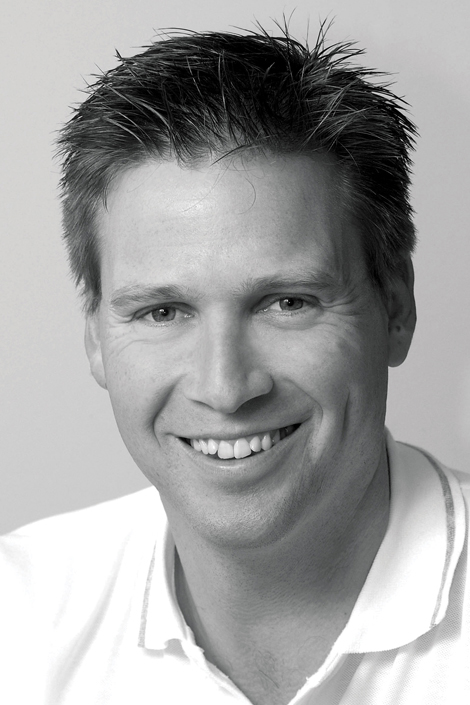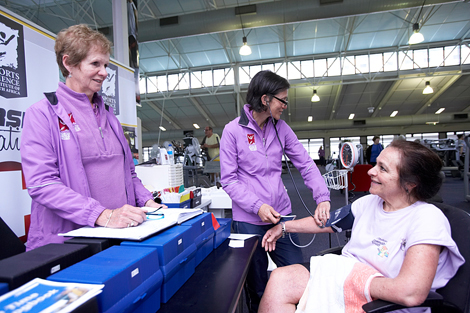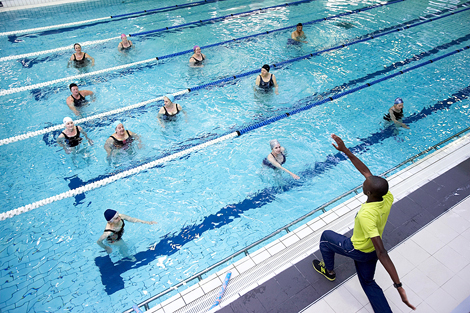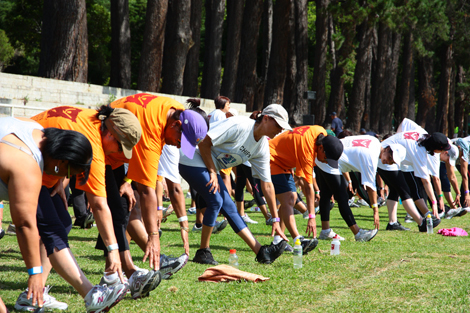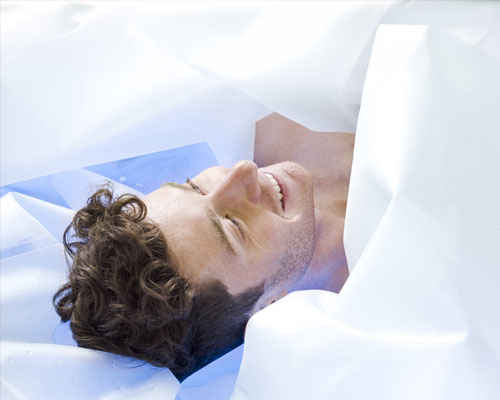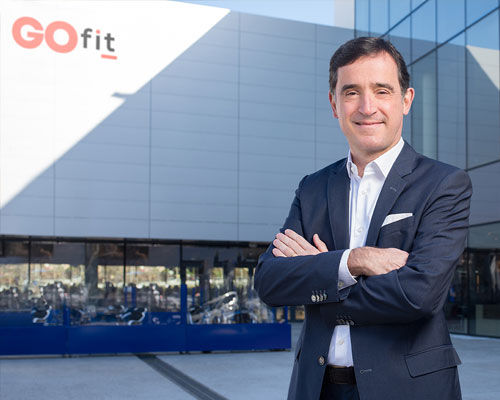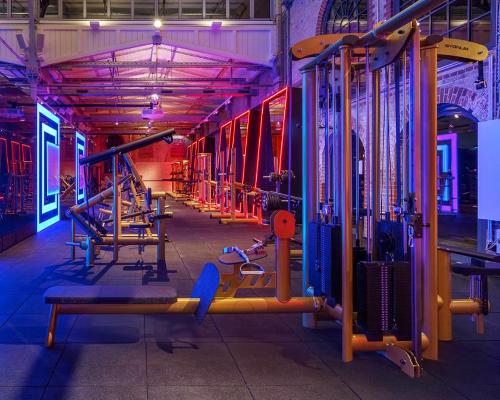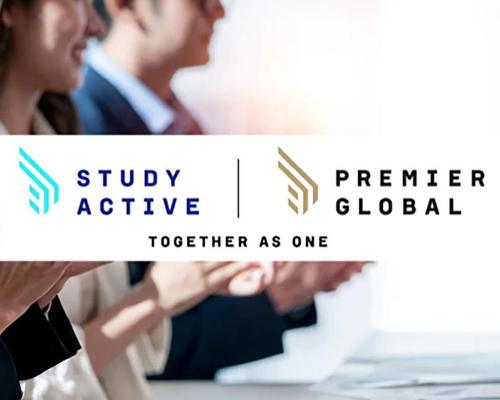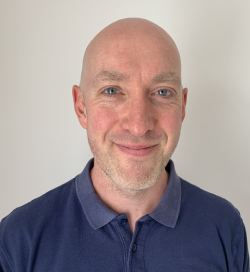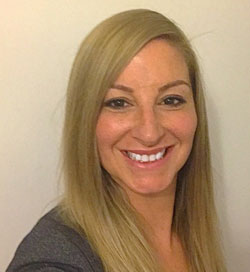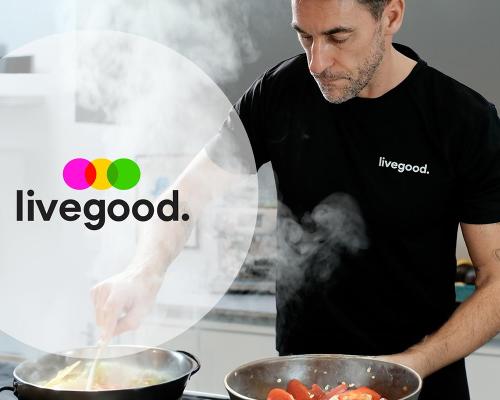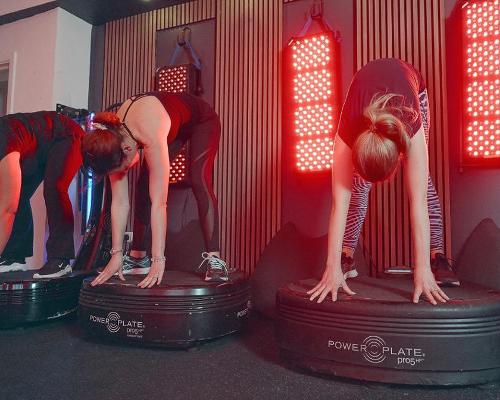features
Sports science: Appliance of science
The Sports Science Institute of South Africa can identify the need for a piece of research, commission it, produce it and then apply its findings directly at its site and through its outreach work. Kath Hudson talks to chief operating officer Brent Walsh about this unique facility
What’s your background?
I started at the institute in 1998, as an intern, having completed my honours degree in Sports Science and Biokinetics: a unique qualification in South Africa to provide intervention through movement and exercise, to rehabilitate and train a broad range of clients. A year later I was employed, having completed the qualification requirements. Through time I have channelled my energy into the business aspects of the institute.
When and why was SSISA set up?
The Sports Science Institute of South Africa (SSISA) was the brainchild of two leaders in their respective fields.
Professor Tim Noakes is an internationally respected sports science academic and researcher who was looking for an opportunity to expand his Exercise Science and Sports Medicine Research (ESSM) Unit of the University of Cape Town into new premises.
Morné du Plessis is one of South Africa’s most acclaimed Springbok rugby captains turned businessman who, having previously been isolated through the apartheid regime, wanted to provide infrastructure and support for the new era of South African sport.
What does the institute offer, and how has it evolved over time?
Although the initial focus was primarily on sporting performance, it took less than 18 months to make the facility fully accessible to the general public for both medical and wellness services, with more of a community focus.
Medical services include orthopaedic consultation, radiology and surgery, sports physicians, physiotherapy, biokinetics, dietetics, sports psychology, sports vision testing and training, and podiatry.
The wellness offering includes a fitness centre: a 1,500sq m, state of the art facility with the usual mix of free weights, cardio, swimming pool, yoga/pilates studio. As many of our members come through referral programmes, they tend to be slightly older and higher risk, but our retention rate is exceptional for the industry: 70–75 per cent. The gym is an important commercial arm for us, helping to fund work such as the outreach projects.
There’s a medically supervised risk stratification and reversal programme, as well as short-term programmes catering for specific groups (weight management, children, triathlon, boot-campers, one-to-one training opportunities).
High performance sports services remain critical to the image of the institute, and SSISA currently services a multitude of sporting federations in South Africa, with several Olympic heroes based here. But all elements of the offering are equally important in maintaining the complete brand experience in our facility. Application of science in our service delivery, on all levels, underscores all activity.
What about the research arm?
The University of Cape Town’s Exercise Science and Sports Medicine Research Unit, while being a university entity, is integral to the provision of science in all that SSISA does.
Outside of the academically inclined research, there’s also a lot of applied research that’s either initiated within the research unit, or else specifically commissioned by the institute through the unit, to ensure the application of best practice and science in client management. This relationship extends through all aspects of the SSISA business: social responsibility programmes, high performance and wellness.
Was the institute based on any blueprint?
It was the first of its kind in South Africa. Despite researching similar facilities worldwide, the founders were drawn to the unique requirements of South African sporting life and culture. They designed a unique facility incorporating the interests of the broader medical, wellness and sporting industries. Industry-related tenants are also housed in the building and there are conferencing facilities.
What is SSISA’s philosophy?
Our mission is to improve the sporting performance and health of all South Africans through the execution, dissemination and application of science. This requires a broad focus, from servicing wellness and performance needs, to the ongoing relationship with the research unit that provides the science behind everything we do.
Disseminating information to the greater South African audience is a responsibility the institute takes seriously. Over the last three years, we’ve invested heavily in improving our web presence and social media, as well as providing workshops and lectures to specific populations and the general public.
The institute, in conjunction with one of its key partners, also presents an annual Wellness and Fitness Convention in Johannesburg for the broader industry. This has shown remarkable growth over the 10 years it’s been in existence, and represents the largest gathering of the industry in South Africa to promote and share information.
How was the institute funded?
At the outset, corporates in South Africa gave generous donations, wanting to invest in the future of South African sporting performances and general health. Now, SSISA generates revenues of approximately 50 million Rand (£3.5m) a year across the entire business.
The commercialisation of the wellness and fitness centre was a big stepping-stone that assisted in the funding of additional non-commercial programmes and activities. Commercial revenue makes up 70 per cent of the funding and sponsorship funding 30 per cent.
The institute is a not-for-profit company, so the emphasis is on using the funding we generate to push our non-commercial activity into the marketplace and communities. Our CHIPs programme (see below) is self-funded and there is a mandate for each of our business units to take on some level of social investment, which is all funded through SSISA.
Our commercial partners/sponsors also play a crucial role, giving us the funding to allow additional projects to be delivered which are not commercially driven.
Tell us more about CHIPs
For the last 15 years, SSISA’s Community Health Intervention Programmes (CHIPs) have been successfully entering into previously inactive communities, training leaders to facilitate sessions, monitoring progress, providing ongoing mentorship and eventually ensuring the long-term sustainability of the project.
CHIPs engages with over 6,000 members of the community each week, across programmes for children, the elderly, workplace activities and general community fitness. We create the exercise opportunities and a structured programme, and we educate the group leaders. Each community has different needs and takes varying amounts of time to become self-sufficient: some are self-sufficient within six months while others continue to need help after 10 years.
The programmes are not expensive to run: we get a community facility for free and the community makes the equipment themselves. People are charged a very nominal fee (about 5 Rand or 35 pence) to take part, which we charge simply to keep them accountable.
CHIPs has provided a model of sustainable implementation of physical activity in disadvantaged communities, positively impacting both quality of life and personal responsibility for health.
Can you explain SSISA’s approach to social change?
We call it social investment and have three channels through which we invest in social change: CHIPs, the Macsteel Maestros Programme, and the Laureus Sport for Good Foundation South Africa.
Macsteel Maestros provides support for those South African national athletes who are not able to perform at their full potential due to lack of access to medical support, appropriate training, coaching and equipment.
The Laureus Sport for Good Foundation is an international project that has a South African chapter. This project is managed by SSISA and it currently supports 16 projects nationally, with the underlying principle of effecting social change through sport.
What have been SSISA’s most notable successes?
In the South African market, to be an independent facility with no government funding, providing the level of expertise that we do across the range of services on offer, is testament to the overall success of the facility.
The success of our commercial business units allows for the level of commitment we provide to our non-commercial activity. Our relationships with our commercial partners/sponsors are of major significance, and the longevity of our relationship with them is testament to the success of the projects that we deliver.
On an education level, in 2009 our education and training division partnered with our national soccer league to provide life skills training to every professional soccer player in the country. Many of the Premier League soccer players come from disadvantaged backgrounds and struggle to adjust to the environment once they become professional players. We put together a programme of life skills, including career guidance, dealing with the media, financial management, drug-free sport, and social drug and alcohol use. An academic research project was linked to the programme and the results and impact were a resounding success.
Our facility also hosted, assessed, trained and monitored numerous Olympic athletes in preparation for the London 2012 Games.
And academically, over the last 12 months, 58 scientific publications were produced in peer-reviewed journals, and ESSM researchers were cited 1,093 times by other scientists.
Are there any plans to further develop the offer?
SSISA has been involved in numerous international facility developments, consulting with them on appropriate assessment needs and providing structure to the business plan.
Locally, we’re looking to partner with organisations in the industry to channel our intellectual property into assisting the industry where we can, to grow through the implementation of best practice principles and evidence-based science.
What are the main challenges of running the institute?
Keeping the balance right between all the different services. We’re multi-faceted, and it’s crucial to remain world-class across all of those services.
What do you enjoy most about your job at SSISA?
The diversity: there are so many different disciplines that contribute to the value of the brand, and so many different types of relationships to build and manage. To get them to work together in a single direction is the most challenging and satisfying aspect.
